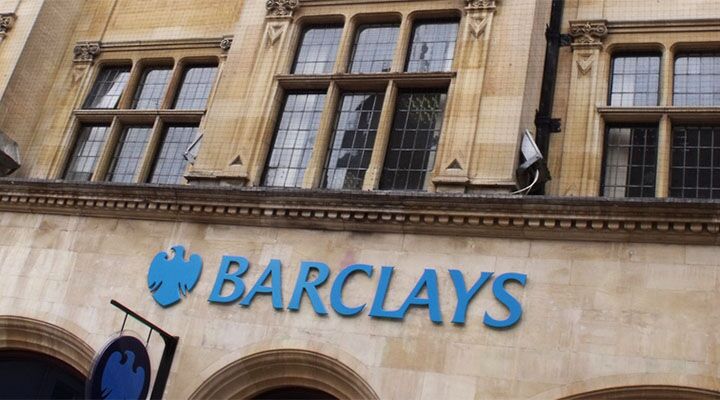
Record Fines for UK and U.S. Banks
Britain’s Financial Conduct Authority handed out its biggest-ever fine, to Barclays, on May 20. Four or five years ago, this would have been huge news. But now, a record-breaking bank fine is boring—even routine.
We’re talking about massive amounts of money. Barclays’ $435.3 million fine was part of $5.7 billion of fines handed out by British and American authorities to banks on both sides of the Atlantic.
But it barely makes a splash in the news, because we’ve become so used to dishonest bankers.
That fact in itself is worthy of note. But there is another part of this routine story that’s also worth noting: the timing.
In all of these cases, the bank traders were caught rigging foreign exchange markets from December 2007 to January 2013.
The big bank scandal, the libor scandal, blew up in July 2012. Over that summer we read about bankers cheating the financial markets, making huge amounts of money, and buying each other champagne. We also read about how the government was going to crack down on this behavior and how banks promised to do better.
Parts of the latest scandal happened after all that. The libor scandal didn’t give the traders any second thoughts. They didn’t seem to worry that they might get caught. They just kept going.
In 2013, government authorities got wind of the scam and started investigating. That autumn reports of the investigation started leaking out in Bloomberg. Yet at Barclays, a slightly different scam in exactly the same departments continued until 2014. They were under investigation—it was being reported in the press that they were under investigation—but the dodgy dealing continued.
No wonder public trust in banks has plummeted. A survey published in Britain earlier this month found that only 18 percent of the public said that they trusted banks, and 69 percent said they did not. Another survey found that before the financial crisis 68 percent of Americans said they trust banks. That had sunk to 24 percent by 2011.
It has become embedded in popular consciousness that our financial institutions are routinely dishonest. This is profoundly dangerous to our economy.
After the libor scandal in 2012, Trumpet columnist Robert Morley wrote:
[E]very currency … is backed by confidence—confidence that the national government will impartially enforce the law, confidence that the government will honestly pay its debts (not just print more money), and confidence that the currency will remain a store of wealth.
And most importantly, the value of the dollar is predicated on confidence that the economic system as a whole is largely trustworthy. It is that confidence—confidence in America and Britain—that is now being questioned. When that confidence is broken, faith-based economic systems collapse rapidly and spectacularly. Foreign investors flee; capital flight ensues; governments can no longer borrow money, so they print it; inflation soars, currencies devalue; economies devolve—and First World nations become Third World.
With each scandal, foreign nations become more determined to build an alternative to the British and American financial system that encircles the world today.
In China and India, public trust in banks is much higher. In 2011 90 percent of those surveyed in China said they trusted their banks, 87 percent said the same in India. In both these countries, trust in their banks actually rose during the financial crisis.
Nobody trusts the British and America banks because of their dishonesty. Nobody trusts the American dollar either after politicians and officials have abused its reserve currency status for years. The world is eager for an alternative to the British and American economic system.
For more on how banking scandals hurt us, read Robert Morley’s article “LIBOR: The Biggest Con in Financial History.” And for an update report on how the world is rejecting the American financial system, read his article from the latest print edition of the Trumpet, “Deathblow to the Dollar.”
